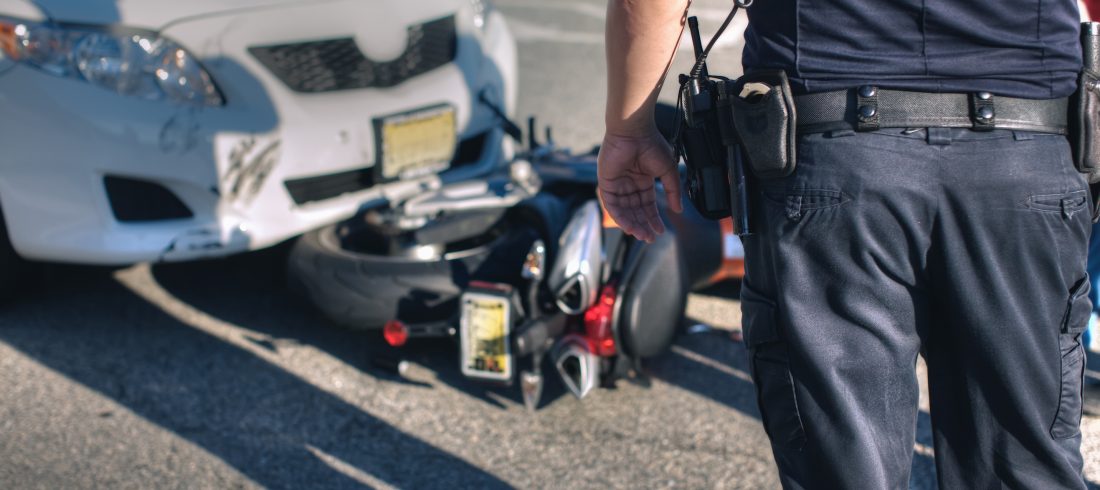Understanding Michigan No-Fault Insurance Changes
Beginning in July 02, 2020, consumers in Michigan are be forced to choose a tier when renewing or buying auto insurance. Individuals looking for the cheapest rate may leave themselves open to exposure if they are in an auto accident.
Pre-July 02, 2020 Michigan No-Fault Laws
Prior to July 02, 2020, an individual who suffered injury arising from the ownership, operation, maintenance, or use of a motor vehicle was entitled to lifetime benefits (with some caveats). This means an individual who suffered a catastrophic injury could seek to have their auto insurer pay their medical benefits for the existence of the injury, even if that meant a lifetime of payments for medical bills and items necessary for their care, recovery, and rehabilitation.
Post-July 02, 2020: New Insurance Requirements
Post-July 02, 2020, individuals are now forced to choose the amount of medical benefits coverage they wish to have in the event of a motor vehicle accident. Unfortunately, many Michigan residents will choose coverage that is insufficient for the injuries they suffer in a collision. Candidly, isn’t the usual line of thought “it’ll never happen to me?” A result of these tiers means that after you reach the “cap” of your chosen coverage, any further payment for medical bills, household services, nursing services, etc., could become your responsibility.
Real-World Example: Insufficient Coverage
For example, Kari elects the $50,000 Medicaid Option because she is covered by Medicaid, and all her relatives that live with her are on Medicaid, have “qualified health coverage,” or have their own auto insurance policy. Kari is in an accident. She lost control of her vehicle on black ice and hit a pole. Kari now needs extensive surgery to her back. Her medical bills are over $100,000.00. Because Kari selected the $50,000.00 Medicaid Option, her auto insurance is only responsible for paying the first $50,000.00 of medical bills, household services, and nursing services. This means Kari is potentially on the hook for the remaining $50,000.00 in medical bills if her Medicaid chooses not to pay. Note, it is not uncommon for Medicaid to deny payment where the injury is “accident” related. Moral of the story? Don’t be like Kari. Make sure you have coverage that is going to protect you if you are in an accident.
Available Coverage Tiers
There are several tiers available that an individual may choose from. For brevity, I am only going to cover the first few; the rest can be found here:
- Lifetime/Uncapped: This would provide lifetime benefits to the injured individual. It operates much in the same way the old system worked. It would provide coverage to the named insured, their spouse, and domiciled relative (i.e., a relative that lives in the same household).
- $500,000.00 Cap: This would provide up to $500,000.00 in personal protection benefits. This “caps” allowable expense benefits only. After you reach the $500,000.00 “cap,” you become responsible for payment of medical bills, nursing services, and household services, especially if your health insurance does not cover accident-related injuries.
- $250,000.00 Cap: This would provide up to $250,000.00 in personal protection benefits. This “caps” allowable expense benefits only. After you reach the $250,000.00 “cap,” you become responsible for payment of medical bills, nursing services, and household services, especially if your health insurance does not cover accident-related injuries.
There are other options available, some of which include opt-outs for Medicaid and Medicare beneficiaries, but ONLY if you meet certain requirements under the law. For example, if you have Medicare, you could choose not to have personal injury protection – but only if you have coverage under Parts A and B of Medicare AND the person’s spouse and ALL resident relatives have “qualified health coverage” or have PIP coverage through a separate policy. What qualifies as a “qualified health coverage” policy can be found here.
Implications for Michigan Drivers
So, what does this mean for you? None of us ever expect to be involved in an accident. We live in a world where distractions are virtually impossible to escape; they come in many forms: fighting with a loved one, screaming children, telephone calls, incoming text messages, emails, car sensors, and more. Distractions are so common that, according to the Michigan State Police, they accounted for approximately 20,115 crashes in 2017 and included 72 fatalities.
ABOUT THE AUTHOR, ATTORNEY LORYN SCHLINKER
If you have been injured in West Michigan through no fault of your own, contact Attorney Loryn Schlinker today for a free consultation.
Loryn Schlinker is not only licensed to practice law in the state of Michigan, she is also licensed to practice in the United States District Court for the Western District of Michigan, where she spends time fighting for her clients’ rights to have their medical bills paid by the auto insurance carrier, where their auto insurance and health insurance policies conflict.


